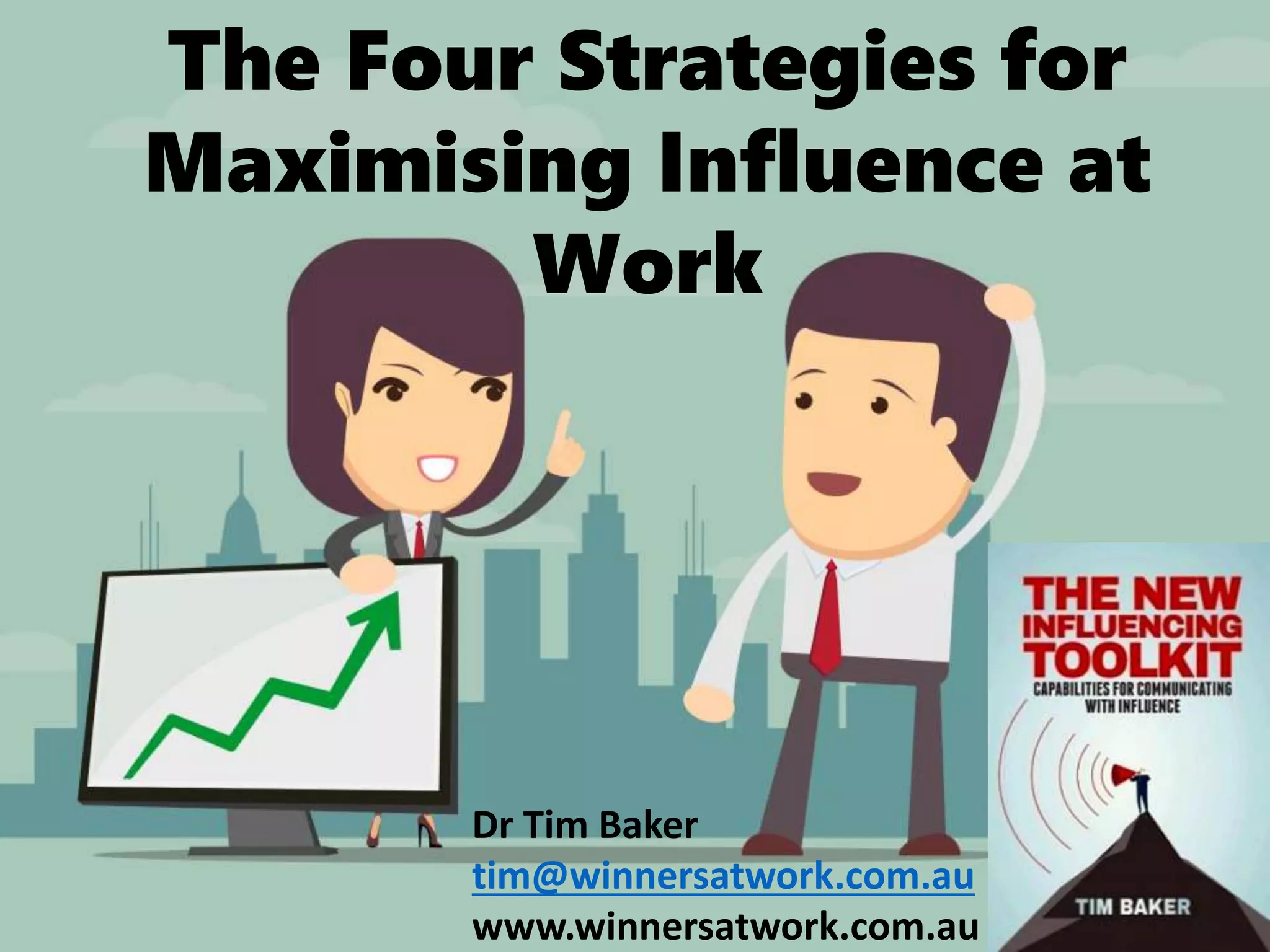How To Be More Influential At Work

In today's dynamic workplace, influence isn't about authority; it's about effectively communicating ideas and inspiring action. Whether you're aiming to lead a project, secure buy-in for a proposal, or simply foster better collaboration, understanding the art of influence is a crucial skill for professional success.
But how do you become more influential without resorting to manipulation? This article explores practical strategies, backed by research and expert insights, to help you enhance your impact and achieve your goals at work.
Building Your Foundation: Credibility and Trust
Influence starts with credibility. Dr. Robert Cialdini, author of "Influence: The Psychology of Persuasion," emphasizes the importance of building trust and establishing yourself as a reliable source of information.
Demonstrate your expertise by staying informed about your industry, sharing valuable insights, and consistently delivering on your promises. A 2023 study by Harvard Business Review found that employees who are perceived as knowledgeable and dependable are more likely to be influential in their teams.
Communication is Key
Effective communication is the cornerstone of influence. This goes beyond simply conveying information; it's about understanding your audience and tailoring your message to resonate with them.
Actively listen to your colleagues' perspectives, ask clarifying questions, and demonstrate empathy. Frame your ideas in a way that highlights the benefits for everyone involved.
Use data and evidence to support your arguments, and avoid using jargon or overly technical language that might alienate your audience.
Strategies for Influencing Others
Beyond building credibility and communicating effectively, there are several strategies you can employ to become more influential.
Collaboration and Reciprocity: Foster a collaborative environment by offering your help and expertise to others. The principle of reciprocity suggests that people are more likely to return favors or support those who have helped them in the past.
Finding Common Ground: Identify shared goals and values to build rapport and create a sense of connection. When people feel that you understand their needs and priorities, they are more likely to be receptive to your ideas.
Storytelling and Emotion: Use stories and anecdotes to illustrate your points and connect with your audience on an emotional level. Data and facts are important, but stories can make your message more memorable and impactful.
Leading by Example: Demonstrate the behaviors and values you want to see in others. Your actions speak louder than words, and your colleagues are more likely to be influenced by someone who consistently embodies the principles they advocate for.
Navigating Ethical Considerations
It's crucial to use influence ethically and responsibly. The goal is to persuade and inspire, not to manipulate or coerce.
Be transparent about your intentions and avoid using deception or misinformation to achieve your goals. Always prioritize the best interests of the team and the organization.
Dr. Laura Morgan Roberts, a professor at the University of Virginia's Darden School of Business, emphasizes the importance of authentic leadership and building trust through ethical behavior.
Influence is a powerful tool that can be used to drive positive change and achieve remarkable results at work. By focusing on building credibility, communicating effectively, and employing ethical strategies, you can enhance your impact and become a more influential member of your team.




![How To Be More Influential At Work 18 Ways To Be More Positive At Work [Infographic] | Bit Rebels](http://www.bitrebels.com/wp-content/uploads/2013/11/18-More-Positive-Ways-Infographic.jpg)













